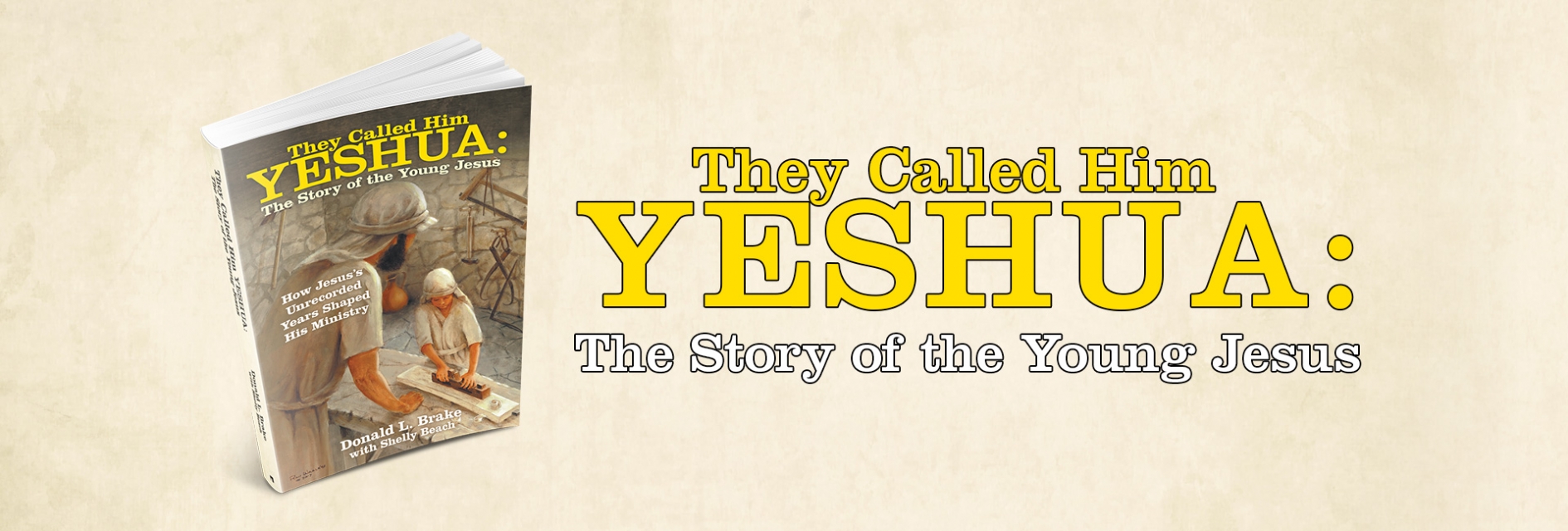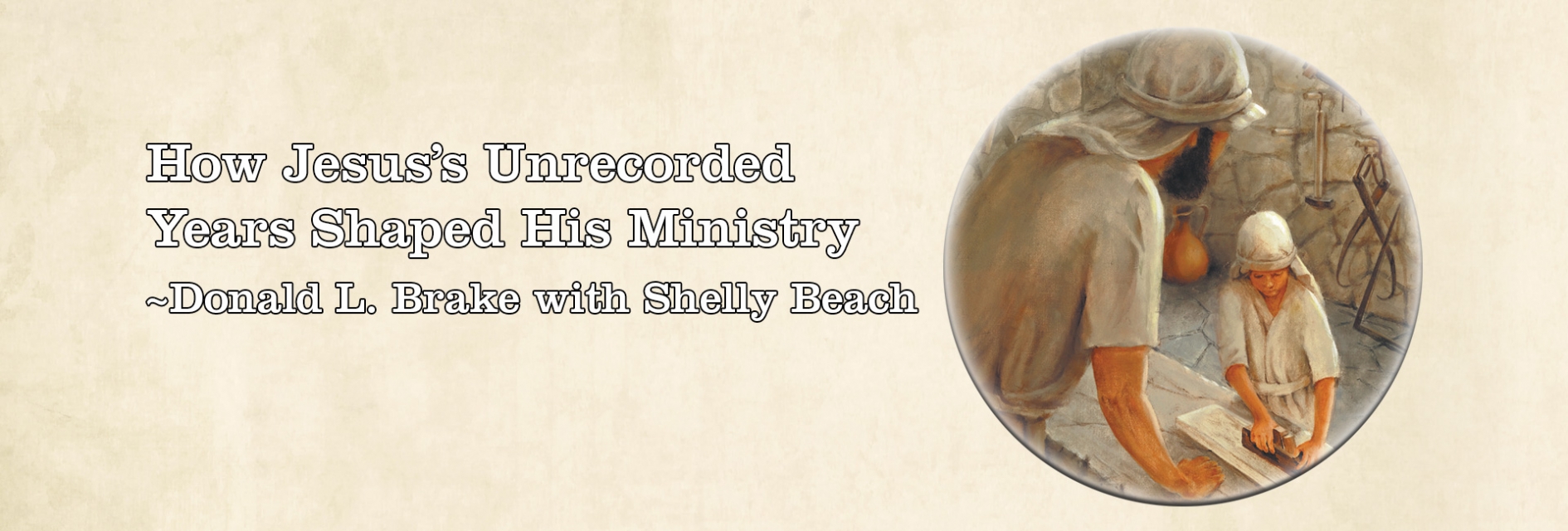

Mary’s story: Traveling to Bethlehem to give birth to Jesus
written by Donald Brake Dec 18, 2019
LEWISVILLE, TX: In the event promised by prophets of old, a young, exhausted Mary with straw stuck in her hair, serenaded by the Angels of heaven awaited the birth of her firstborn, Jesus. There was no Santa Claus, no reindeers and no Douglas Fir; just a blessed woman fulfilling her role in God’s divine purpose in world redemption.
Mary had been adamant: bad weather would not deter her. She urged Joseph to push on.
With every cold drop of rain that stung her face, Mary determined, clinging to the hope that God’s Son, her baby, would be born in Bethlehem.
Mary’s donkey was lagging, and she did her best to dig her heels into its sides, but her legs had become paralyzed by the force of her weight pressing against the animal. She called out to Joseph, who was leading her donkey.
Straining, she uttered,
“Rest the animal and me, Joseph. Maybe we could sit beneath a sheltering tree for a bit.”
Joseph turned and helped her from the donkey, then took her by the arm and directed their steps through the mud toward a tall, scraggly tree.
“We should take this last distance in segments that will allow you to get off the donkey and take shelter. This weather must be increasing your discomfort, my precious one.”
Joseph: the unappreciated participant in the Christmas pageant
Joseph turned Mary toward him and drew his face close to hers. The rain streaming down his cheeks looked like tears, and Mary felt a sudden urge to bury her face in his shoulder and have her husband gather her close.
She swallowed and stepped back.
“I must sit down, Joseph. Perhaps try to lie on my side—my back is aching from trying not to slump or to fall from that rocking beast. When I get off, my body seems to think I am at sea in a tempest. And for reasons I should not speak about, I would prefer that donkeys not have bones in their backs. At least this one.”
She groaned as Joseph gently lowered her to the ground and smiled.
Hours later as dusk turned to darkness, Mary and Joseph, drenched and shivering, passed the scattered homes and stables that marked the outskirts of the small village of Bethlehem. In the dim light, it was difficult to discern one house from another. Joseph had been praying for guidance to their kinsmen’s home the entire journey.
Image courtesy of the Latter Day Saints (LDS.org) Video Screen Shot Image
Joseph had never been to this house before, so Zechariah had given him directions, but the rain and inky darkness was making it difficult to spot the landmarks Zechariah had named.
Soon after the third stop for directions, they spotted the two flat stones that marked the path to Eliakim’s home. With a quiet moan, Mary slid to the ground and clutched her back.
“I will need to lie down as soon as possible, somewhere private. Although we are family and welcome, we are hungry, drenched, and unexpected, and I am about to give birth.”
Mary slumped against Joseph’s shoulder and reached for his cold, dripping hand as they walked the path to the modest stone house.
“Who wouldn’t want to open the door and welcome us in?”
She turned her face upward toward her husband and smiled.
The chatter of voices coming from inside the home told them that other visitors had sought shelter before them. Mary’s expectation turned to anxiety as he knocked on the heavy wooden door.
The door flew open.
Testing the biblical evidence for celebrating Jesus’ birth December 25th
Eliakim—a tall, gray-bearded man with thick, unruly eyebrows—greeted them and pulled them out of the rain. Joseph introduced himself and Mary, and the two men embraced. Then Eliakim ushered the couple into his home as a rounded, laughing woman moved through the crowded gathering room to join them.
Like most of the homes in Bethlehem, Eliakim’s house was modest and built with exposed stone walls.
The main living area functioned as a gathering room for talking and work. Comfortable chairs, sleeping mats, and wooden stools filled the space. Two small private rooms for bathing and guests completed the house.
Off of the guest room, a low arched door opened into a cave cut into the porous hillside for protecting animals from winter’s cold or for summer’s needed storage. The cave opening permitted animals to access the shelter without entering the living area of the house.
“We have had many unexpected guests,” Deborah spoke apologetically. “Our extra room is crowded with sleeping mats, even the gathering room.”
She pointed to the room behind her, filled with nearly a dozen people.
Eliakim chimed in.
“We are so sorry. We barely have space for the guests already here.”
“But,” Joseph blurted, “Mary’s time to deliver has come, and she is cold and sick with exhaustion.”
Deborah stepped forward and wiped the rain from Mary’s face with the sleeve of her rose-colored tunic.
“I’m so sorry, my dear. Let me see if other guests might give up …”
Mary shook her head and broke in before Deborah could finish.
“Thank you. I appreciate your kindness. The other guests were here first, and I can’t have them sent into the night in this weather. God will direct us, just as He has provided for your other guests.”
Deborah turned toward her husband and placed her hand on his arm. Eliakim nodded in agreement, although she never spoke a word. Emotion edged his voice as he spoke.
“There is no room in the guest room, but you are welcome to the stable. I will put down a clean bed of straw next to the cattle manger for you. The stable will be clean and warm, and provide shelter from the rain. The animals are in the fields with the shepherds.”
Mary’s exhaustion and disappointment melted into gratitude.
“We are grateful.” A sigh of relief escaped Joseph’s lips so loud that Mary was sure it was heard throughout the noisy room. But she sensed new confidence in her husband. This was where they were to spend the night.
Deborah herded the couple through the living area into the cave. Moments later, with the long day behind them, the couple bedded down for the night in dry borrowed clothing in a nest of fresh hay.
Silently, Mary counted the time between the birth pains. The mother of God’s son was ready for what was about to happen.
Excerpt from the author’s historical novel, The Called Him Yeshua that gives insight into the Christmas pageant.
About the Author
Written by Donald L. Brake Sr.
Donald L. Brake Sr., PhD, Dallas Theological Seminary; Dean Emeritus, Multnomah Biblical Seminary of Multnomah University. A former pastor, he lives with wife Carol, in Lewisville, Texas. The author has served as a Missionary in Ethiopia, SIM; Professor of Theology, Multnomah Biblical Seminary; Pastor, North Carrollton Baptist Church; President, Institute of Holy Land Studies (now Jerusalem University College; and dean Multnomah Biblical Seminary; and co-founder Living Word Bible Museum. He currently is a freelance writer. The author’s experience as president of the Institute in Jerusalem has given him insight into the historical, cultural, and geographical background of Israel and the life of Christ. Dr. Brake has led tours to the Holy Land and has taught the life of Christ and the Bible’s historical/cultural backgrounds for more than thirty-five years. Dr. Brake wrote a series of fifteen articles for the St. Louis Metro Voice and has published the Wycliffe New Testament. His book A Visual History of the English Bible was published in 2008 (a 2009 Evangelical Christian Publishers Association Christian Book Award finalist); Jesus, a Visual History with Todd Bolen, 2014; A Monarch’s Majestic Translation, in 2017; and A Visual History of the King James Bible, in 2011 (with Shelly Beach; also translated into Portuguese as "Uma Historia Visual Da Biblia King James"), a commemorative edition celebrating four hundred years of the King James Version. His major article “Versions, English” was published in The Interpreters Dictionary of the Bible, vol. volume 5, Abington Press. His most recent work is They Called Him Yeshua: the Story of the Young Jesus, 2019.


